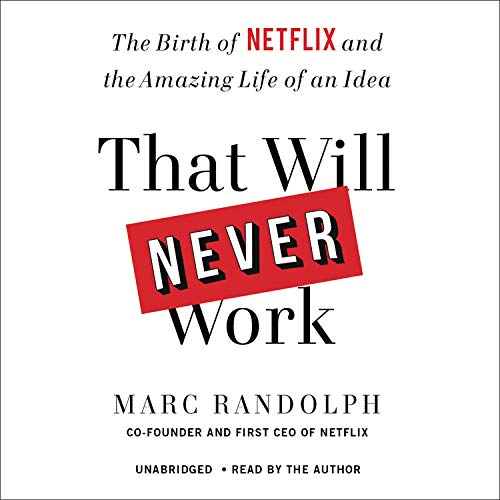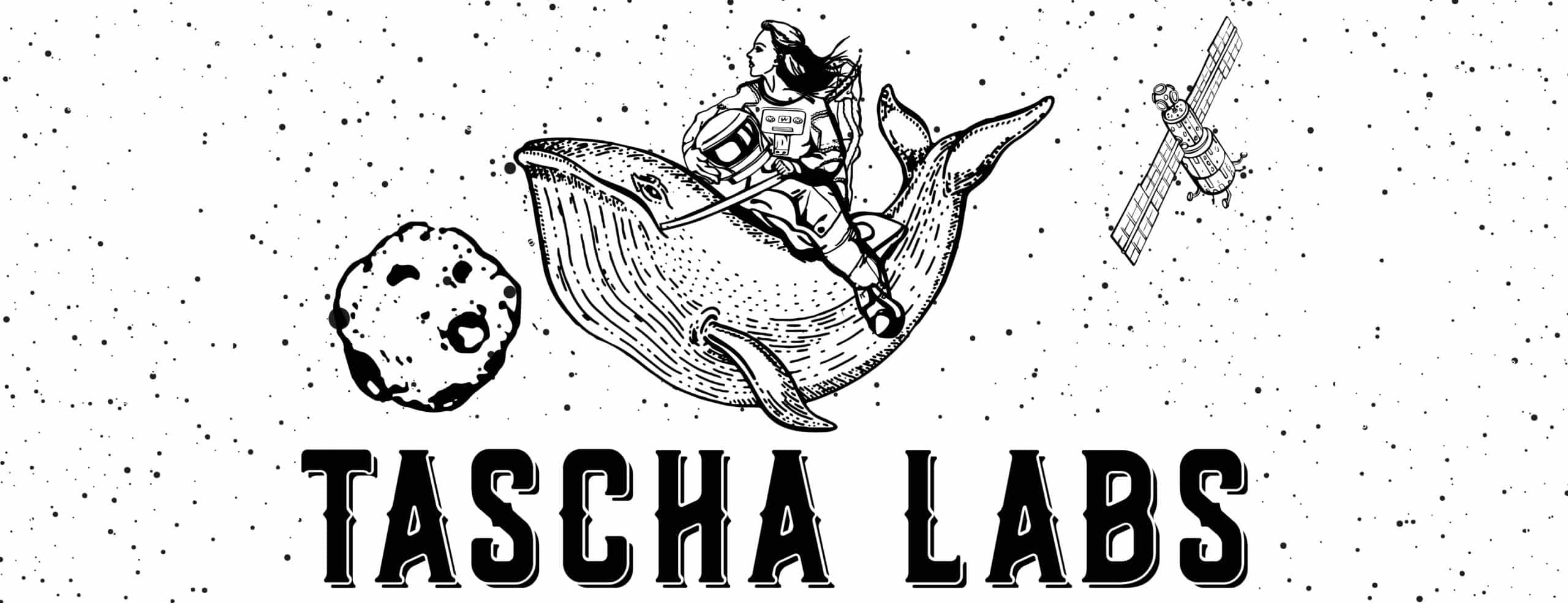Most business books are not worth the time, NYT bestsellers included.
But once in a while you bump into a gem and it changes your life forever.
Here’s my brutally honest and sometimes snarky review of 20 biz bestsellers I read the past year, ranked from worst to best👇
20. Trailblazer: The Power of Business as the Greatest Platform for Change, by Marc Benioff
Ideal birthday gift for a Salesforce groupie. Read this if you want to consume a long infomercial about Benioff’s saintly virtues disguised as a book.
Verdict: Avoid at all cost.

19. Extreme Ownership, by Jocko Willink
An ex navy seal tells you to take responsibility as a leader, and gives you a bunch of examples of what it looks like.
That’s it. The whole book.
Verdict: Take f**king responsibility! And skip the book.

18. It Doesn’t Have to Be Crazy at Work, by Jason Fried & David Hansson
The reason these Jason Fried books are popular is because they make the part of you that doesn’t want to hustle feels justified. It’s great marketing, but doesn’t mean he’s right.
People do busy work about nothing in any organization. How rampant this is depends on your org culture. But if you’re trying to lift a new project/company off the ground, “crazy at work” comes with the territory. Try to wish it away. Not gonna happen.
Verdict: A book of air bubbles. Read a 500 word tl;dr instead.

17. This Is Marketing: You Can’t Be Seen Until You Learn to See, by Seth Godin
Godin preaches from the Mount Sinai of marketing as usual. Some high level insights to provoke thoughts. Want to know how to execute these insights? You’re on your own.
Verdict: His blog is better.

16. Richer, Wiser, Happier, by William Green
A value-investing devotee interviews famous value investors and publishes his notes. The quality of notes depends on the notetaker. In this case, the notetaker wasn’t paying too much attention.
Verdict: Read a book about Warren Buffett instead.

15. Multipliers: How the Best Leaders Make Everyone Smarter, by Liz Wiseman
Some good ideas about how to inspire people to be their best, and it goes on forever.
It’s especially useful if you’re a manager in a large company who doesn’t have the authority to remove people, i.e. you’re stuck with the talents (or lack of) that were assigned to you. This book will help you make the best of your situation.
Verdict: Skim.

14. The Price of Tomorrow, by Jeff Booth
This is someone who knows a lot about technology trying to write a macroeconomics book from a technologist point of view. The problem is he doesn’t know much about macro.
Many brilliant insights here about tech trends. But no logic when it tries to offer macroeconomic conclusions based on said insights.
Verdict: The book goes like this:
It says, “The sky is blue”.
You go, “Yes, very right.”
It says, “The rose is red”.
You go, “Correct. So insightful!”
Then it says, “Since sky is blue and rose is red, you should eat twinkies.”
You go, “Huh??”
You get the idea.

13. Scaling Up, by Verne Harnish
If you’re a startup that already has initial traction, but is having growing pain, this is a useful book. It’s written by adults. Adults are well intentioned, but they are also boring and good at putting people to sleep.
If you’re still looking for initial traction, this is not so useful.
Verdict: Download the complementary worksheets and go through the exercises for your company. They are more useful than the book itself. No need to spend too much time on them though.

12. AI Superpowers, by Kai-Fu Lee
A good overview of how AI is developing in China, for those who care. And if you’ve read this far, you’re the type who would.
The remedy Lee offers to solve the job crisis when robots take over is rather naive though. An example of what happens when an expert in field A tries to offer solution in field B which he knows little about.
Verdict: skim, and skip the last couple chapters.

11. 7 Powers: The Foundations of Business Strategy, by Hamilton Helmer
A book about different ways a company can build its moat, aka lasting competitive advantage.
It’s actually useful if you’re an investor evaluating if a company/stock has a moat. Less useful if you’re a biz owner / executive looking to build your moat, because there’s little operating guidance here.
Verdict: Useful checklist for investors. Limited value for operators.

10. Capital in the Twenty-First Century, by Thomas Piketty
A leftie view about income inequality. Given the all the complaints about inequality going on today, I’m surprised this book is not getting more attention.
Many useful insights, but this is a book written by an academic. So you have to suffer through pages after pages of figures and numbers about minute details that don’t change the big picture at all.
Verdict: Need effort and patience to read. Worthwhile if you’re willing to think your own thoughts with the data presented. Otherwise read a summary.

BTW, like this so far? I write about ideas to expand your freedom, wealth, and consciousness. Subscribe to my newsletter for updates 👉 https://taschalabs.com
9. Steve Jobs, by Walter Isaacson
If you’re looking for business lessons or tech insights, you won’t get it here. Read #5 on this list instead. But if you’re interested in Jobs’ personal life, this is a good one because Isaacson is a master storyteller.
Verdict: Read it for a good story, not for business education.

8. Creativity, Inc., by Ed Catmull
From Pixar’s mastermind about how to build a creative organization. Lots of wisdom on business, life, risk-taking, and management. Though much of the process he talks about is specific to Pixar and may not be very implementable in other settings.
Verdict: Competent book and not boring.

7. Atomic Habits, by James Clear
A rare example of personal growth books that maintain content quality to the end. Not world-changing, but you pick up quite a few tactics that you can implement immediately to build better habits.
Verdict: This is about as good as it can get in a genre that’s usually not very good.

6. That Will Never Work, by Marc Randolph
If he were at Hogwarts, Randolph would be a Hufflepuff. This is a story of how Netflix came to be from a Hufflepuff perspective. It’s entertaining and inspiring.
Verdict: PG version of a bloody tale. Great bedtime read for your 6 year old and yourself.

5. Elon Musk, by Ashlee Vance
Vastly exceeded expectation. Though granted, my expectation was not very high.
Did a good job attempting neutrality in depicting a complex and controversial personality, even though the author clearly admires Musk.
Verdict: A peek into how revolutions are made, along with an entertaining story. Eye-opening and humbling.

4. Antifragile, by Nassim Nicholas Taleb
Though extremely long-winded and poorly organized, this book offers amazing insights about how you should think about risks in investments and life.
Verdict: Taleb’s personality and tone is not for everyone. Try not to be offended and you’ll dig some gold out of this book.

3. The Ride of a Lifetime, by Robert Iger
Competent and flawless execution, just like the ex Disney CEO himself.
When you read biz books written by great executives or founders, you get the content but also learn through osmosis. There’s a dimension of intangible knowledge transfer. This is a good example of that.
Verdict: Classy, fun, and educational like the best of Disney movies.

2. The Sovereign Individual, by James Dale Davidson
A cult favorite of Silicon Valley ruling class who happen to not want to pay taxes. Peter Thiel wrote the forward. That should give you some idea.
That being said, it’s extremely insightful about where the world is going and how you can prepare yourself, even though it was written 20 years ago.
Verdict: Can possibly change your worldview forever depending on where you started.

1. Shoe Dog, by Phil Knight
Knight is possibly the best business storyteller of his generation. A gem full of entrepreneurial insights, which doubles as a founder therapy book when you feel crestfallen and need a pick-me-up.
Verdict: Put on your Nike sneakers and run to get this book. How is it not a blockbuster movie yet, I don’t understand.

Like this? I write about ideas to help you become freer, richer, wiser. Follow me on Twitter for updates 👉 @realnatashache .

4 Comments
Tasha, it’s not exactly a business book, but the best book I’ve read this year is “The Rise of America” by Marin Katusa.
Thanks for recommending. Will look it up.
Shoe Dog was great! It’s been on my list for a while. Your post made me get to it. Thank you!
Yep, it’s awesome. You’ll love it!